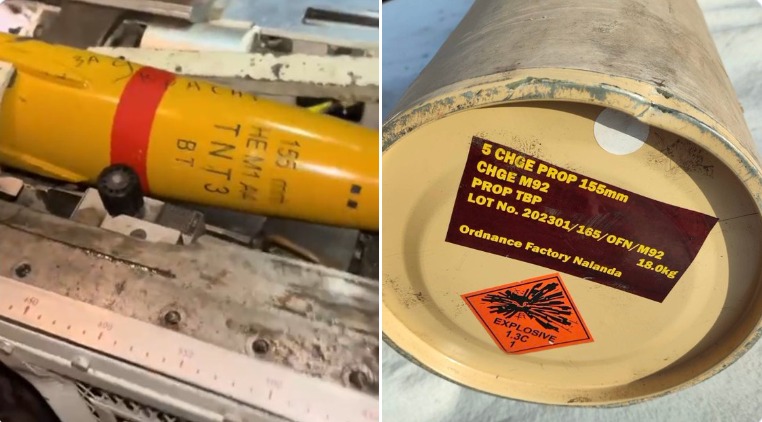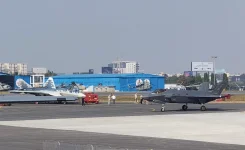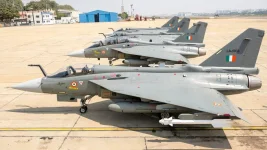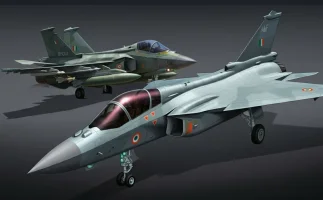- Views: 667
- Replies: 6

Slovenia has strongly refuted allegations that it purchased Indian-made artillery munitions and subsequently transferred them to Ukraine. In a statement issued last month, Slovenian officials denounced the reports as "fake news" and condemned attempts to tarnish the country's international reputation.
The controversy stems from unconfirmed media reports alleging that Munitions India Limited (MIL), a state-owned defense contractor, sold 155mm artillery shells to several European nations. Slovenia was specifically named as one of the buyers who then allegedly re-routed these munitions to Ukraine.
Slovenian officials have categorically denied any such dealings with MIL, asserting that no purchase of Indian munitions was ever made. Additionally, they maintain that Slovenia has never participated in the transfer or resale of weapons to any foreign power.
The Slovenian government suggests that these reports are politically motivated, designed to undermine Slovenia's image on the global stage. This speculation comes in the wake of Slovenia's recent appointment as a non-permanent member of the United Nations Security Council.
Background and Implications
The alleged supply of Indian munitions, if proven true, would further complicate India's delicate stance as it balances its historic ties with Russia and its growing strategic partnerships with the West.India has abstained from UN resolutions condemning Russia's invasion of Ukraine, and the discovery of Indian-made weapons on the Ukrainian battlefield could strain diplomatic relationships.
The situation highlights the complex web of global arms transfers and the potential for unintended consequences within interconnected supply chains.
It also underscores the heightened scrutiny countries like Slovenia now face as non-permanent members of the UN Security Council, where their actions and affiliations are subject to greater international examination.



